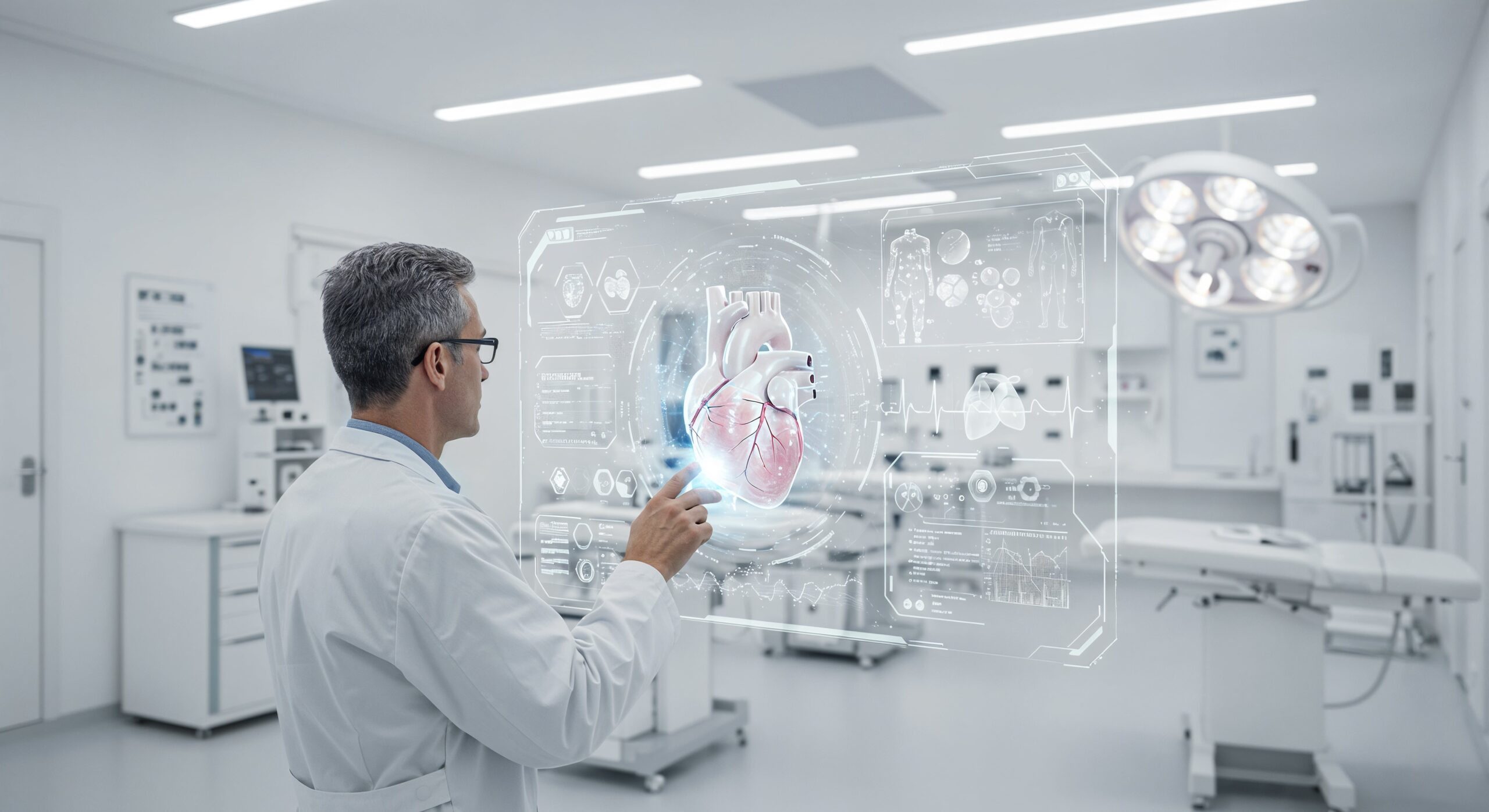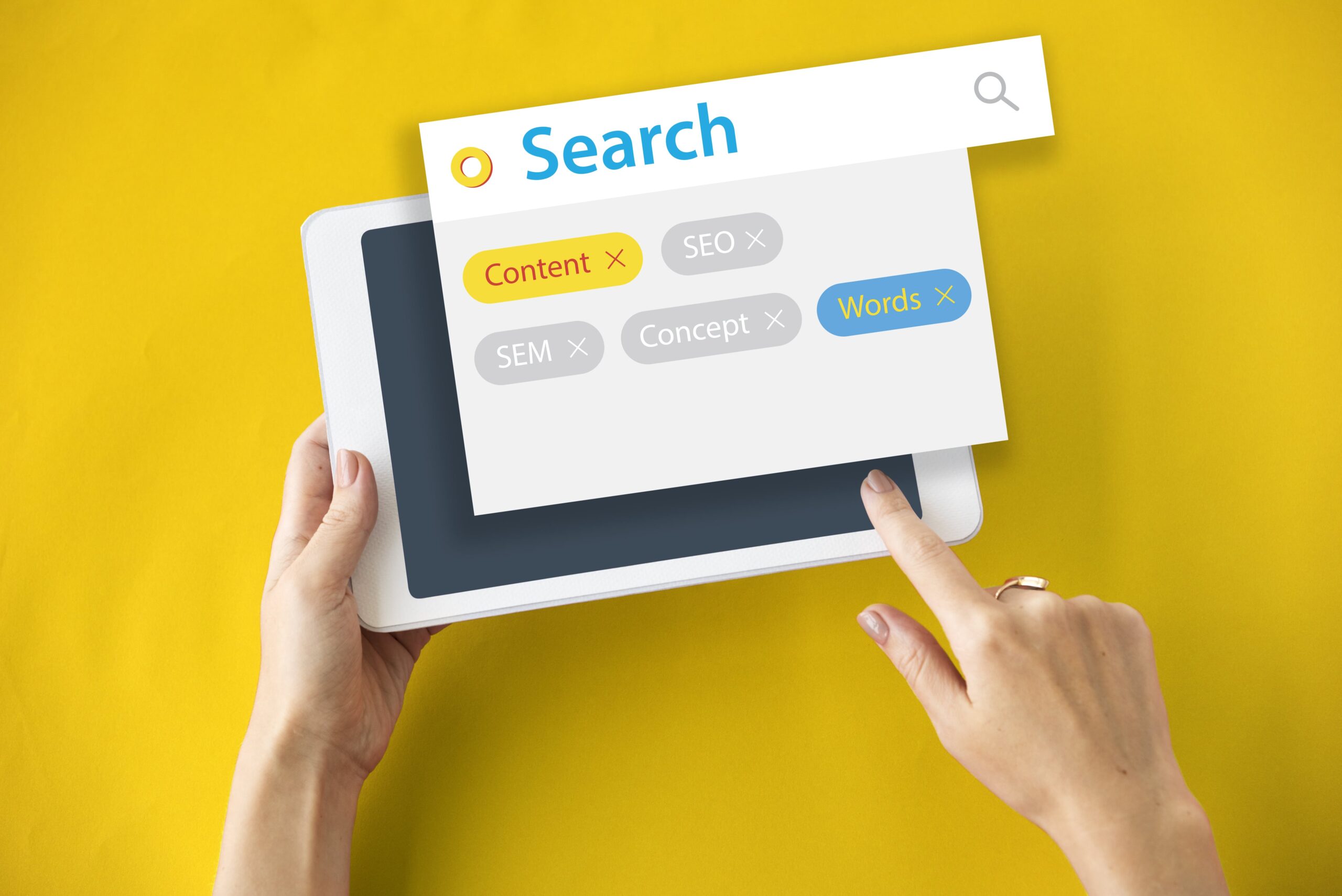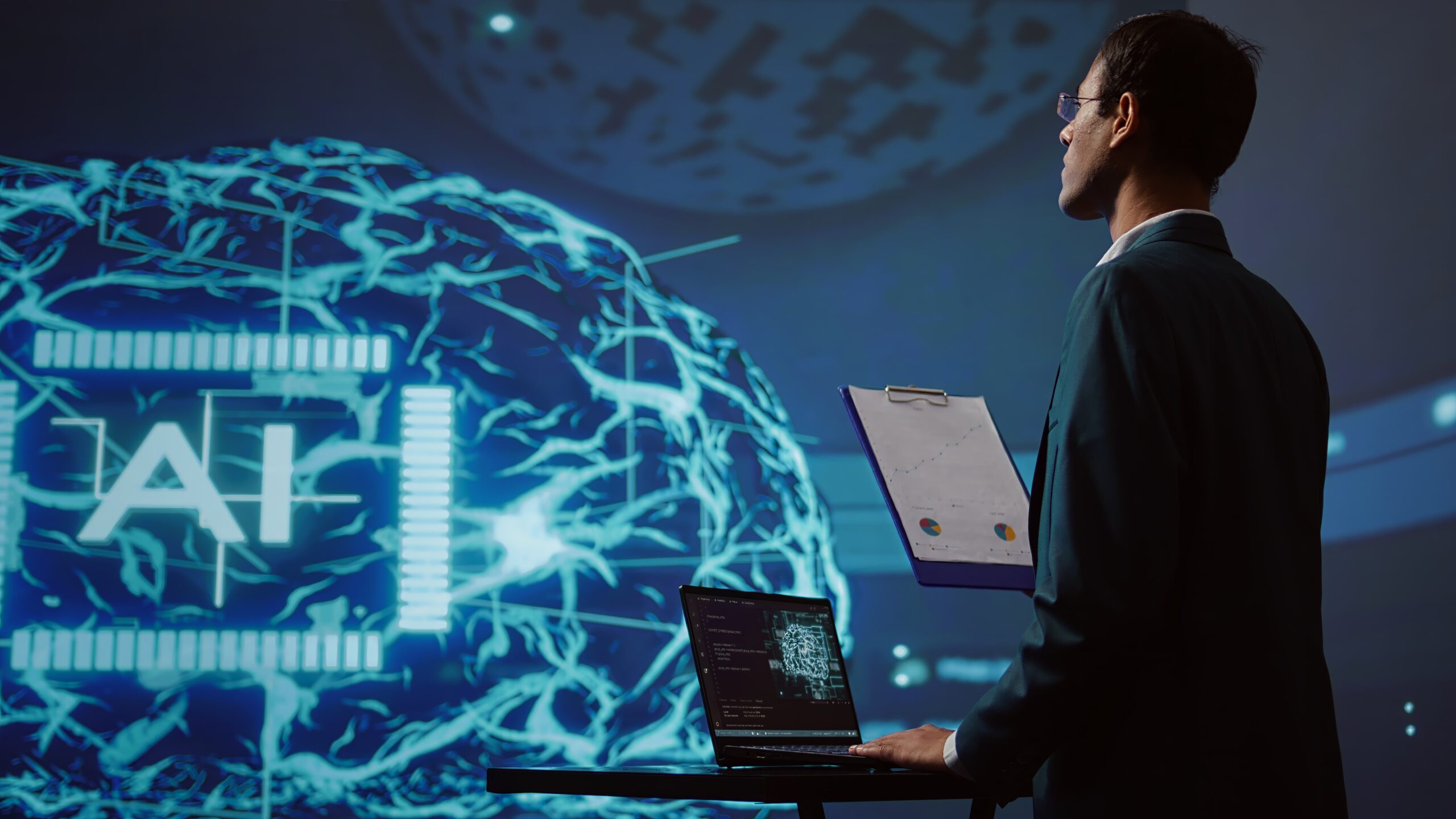Business
10 Powerful Use Cases of Agentic AI in Healthcare
The use cases of agentic AI in healthcare are rapidly expanding, revolutionizing how medical services are delivered, managed, and personalized. Agentic AI refers to AI systems capable of making autonomous decisions and taking proactive actions based on complex data analysis, enabling faster and more accurate healthcare outcomes. In clinical settings, these intelligent agents assist in diagnosing diseases, recommending personalized treatments, monitoring patient vitals in real time, and automating administrative workflows. Beyond hospitals, agentic AI supports remote patient care, predictive analytics for disease prevention, and operational efficiency in healthcare facilities. By integrating with electronic health records (EHRs) and medical devices, it empowers healthcare professionals with actionable insights while reducing human error and improving patient safety. As this technology continues to evolve, it holds immense potential to enhance healthcare accessibility, optimize resources, and ultimately improve patient outcomes on a global scale.
10 Use Cases Of Agentic AI In Healthcare
1. Disease Diagnosis and Detection
Agentic AI can analyze vast amounts of patient data, lab reports, and imaging scans to assist doctors in diagnosing diseases more quickly and accurately.
- Processes large datasets from medical imaging, lab results, and patient history.
- Identifies patterns that may not be easily visible to human specialists.
- Provides early detection for diseases like cancer, diabetes, and cardiovascular conditions.
- Reduces diagnostic errors through consistent and evidence-based decision-making.
- Speeds up the diagnosis process, improving treatment timelines and outcomes.
Related Article:- Best Free AI Tools for Content Creation in 2025
2. Personalized Treatment Planning
Agentic AI enables tailored treatment plans based on individual patient needs, medical history, and genetic data.
- Assesses patient-specific factors such as age, gender, medical conditions, and genetic profile.
- Suggests the most effective medications and therapies with minimal side effects.
- Adjusts treatment recommendations in real-time as patient conditions change.
- Supports doctors in precision medicine approaches.
- Enhances patient recovery by ensuring treatments are more targeted and effective.
3. Real-Time Patient Monitoring
With wearable devices and IoT integration, agentic AI offers continuous health monitoring for patients.
- Collects real-time data from heart rate monitors, glucose trackers, and oxygen sensors.
- Detects abnormal patterns and alerts healthcare providers instantly.
- Enables proactive intervention before health conditions worsen.
- Reduces hospital readmissions through early detection of complications.
- Supports chronic disease management from home, improving patient comfort.
4. Predictive Healthcare Analytics
Agentic AI uses predictive models to forecast potential health risks and outbreaks.
- Analyzes historical and real-time health data to predict disease likelihood.
- Helps identify at-risk populations for preventive care.
- Supports early interventions to reduce the severity of illnesses.
- Assists in hospital resource planning based on predicted patient influx.
- Aids in public health planning during epidemics and pandemics.
5. Medical Imaging Analysis
Advanced AI agents can interpret imaging data faster and more accurately than traditional methods.
- Reads X-rays, MRIs, CT scans, and ultrasounds with high precision.
- Highlights potential abnormalities for radiologists to review.
- Reduces human fatigue errors in repetitive image analysis tasks.
- Improves diagnosis speed for conditions like tumors, fractures, and organ diseases.
- Assists in surgical planning through detailed anatomical insights.
Related Article:- How Elon Musk’s xAI Is Disrupting the AI Industry in 2025?
6. Drug Discovery and Development
Agentic AI accelerates the pharmaceutical R&D process, reducing costs and timelines.
- Identifies potential drug candidates by analyzing molecular data.
- Predicts drug effectiveness and possible side effects.
- Helps in repurposing existing drugs for new diseases.
- Shortens clinical trial phases by selecting ideal candidate groups.
- Improves overall success rates in new drug launches.
7. Virtual Health Assistants
AI-powered virtual agents can guide patients and assist healthcare providers.
- Offers 24/7 support for patient queries and appointment scheduling.
- Provides medication reminders and health tips.
- Screens symptoms and suggests when to seek medical care.
- Supports doctors with quick access to medical databases and guidelines.
- Enhances patient engagement through personalized communication.
8. Administrative Workflow Automation
Agentic AI reduces the burden of paperwork and manual processes in healthcare.
- Automates billing, insurance claims, and patient record updates.
- Minimizes administrative errors that can delay patient care.
- Organizes schedules for doctors, nurses, and support staff.
- Frees up healthcare professionals to focus on patient care.
- Improves operational efficiency in clinics and hospitals.
9. Surgical Assistance and Robotics
AI-powered surgical robots can perform or assist in complex medical procedures.
- Enhances precision in delicate surgeries such as neurosurgery and cardiac surgery.
- Reduces human hand tremors and improves accuracy.
- Minimizes recovery time due to smaller incisions and fewer errors.
- Assists surgeons with real-time data during operations.
- Enables remote surgeries in underserved areas through teleoperation.
10. Mental Health Support
Agentic AI tools can provide early intervention and support for mental health conditions.
- Analyzes speech, behavior patterns, and physiological data to detect early signs of mental illness.
- Offers AI-driven therapy chatbots for basic emotional support.
- Monitors patient mood and activity to suggest coping strategies.
- Connects patients to mental health professionals when needed.
- Reduces stigma by offering confidential, non-judgmental interactions.
Related Article:- Tips on Becoming a Machine Learning Engineer
Conclusion
The use cases of agentic AI in healthcare demonstrate how advanced technology is reshaping patient care, medical research, and healthcare operations. From accurate disease diagnosis and personalized treatments to predictive analytics and robotic surgeries, agentic AI offers transformative solutions that improve efficiency, accuracy, and patient outcomes. Its ability to analyze complex data, make autonomous decisions, and adapt in real-time enables healthcare providers to deliver better, faster, and more accessible services. As this technology continues to evolve, its integration into healthcare systems will not only optimize resources but also create a more proactive, patient-centered approach to global healthcare delivery.
FAQs
1. What are the main use cases of agentic AI in healthcare?
The main use cases of agentic AI in healthcare include disease diagnosis, personalized treatment planning, real-time patient monitoring, predictive analytics, medical imaging analysis, drug discovery, workflow automation, surgical assistance, virtual health assistants, and mental health support. These applications help improve patient care, reduce errors, and increase efficiency.
2. How does agentic AI improve disease diagnosis?
Agentic AI enhances disease diagnosis by analyzing large volumes of patient data, imaging scans, and lab results to identify patterns and abnormalities. It enables early detection of conditions like cancer, heart disease, and diabetes, helping doctors make faster and more accurate decisions.
3. Can agentic AI help in remote patient care?
Yes, agentic AI plays a vital role in remote patient care by using wearable devices and IoT-based monitoring systems. It tracks health metrics in real time, detects irregularities, and alerts healthcare providers, enabling proactive interventions without requiring frequent hospital visits.
4. Is agentic AI used in drug discovery and development?
Agentic AI accelerates drug discovery by analyzing molecular structures, predicting drug efficacy, and identifying potential side effects. It helps researchers shorten R&D timelines, repurpose existing drugs, and improve the success rates of new medicines.
5. What is the future of agentic AI in healthcare?
The future of agentic AI in healthcare looks promising, with advancements expected in personalized medicine, predictive disease prevention, and robotic-assisted surgeries. As the technology evolves, it will continue to improve efficiency, reduce costs, and make healthcare more accessible worldwide.
















